Tatyana at the Barbican
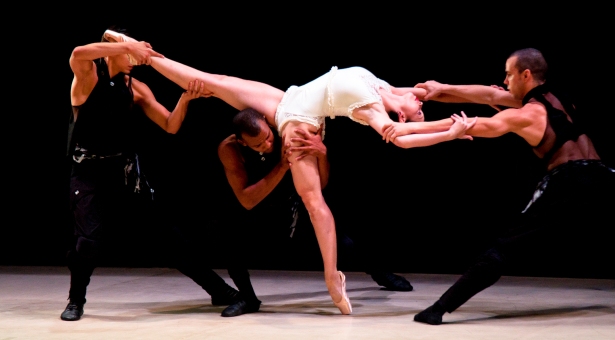
Brazilian choreographer Deborah Colker’s Tatyana re-imagines Alexander Pushkin’s novel, Eugene Onegin. Bored with the big city, wealthy young Onegin relocates to the countryside where he befriends a poet, Lensky. Lensky is engaged to Olga, whose sister Tatyana falls immediately in love with Onegin. Onegin rejects Tatyana, and instead flirts with Olga, resulting in a duel with his offended friend Lensky, who is subsequently killed. Years later, Onegin meets Tatyana again, but failing to immediately recognise the now-married woman, falls in love with her. Despite pursuing her relentlessly, it is Onegin who is this time rejected.
Performed by Colker’s own company, Companhia de Dança Deborah Colker, this contemporary dance interpretation of the story was beautifully conceived but not without fault. In the first act, four dancers collaborated on each part, differentiated by coloured costumes. The ebb and flow of the dividing and multiplying elements of each character was visually very pleasing, particularly in the introduction of Olga and Lensky. Each change of scene was marked with a new piece of music, including Tchaikovsky, Prokoviev and Stravinsky – all well-selected pieces, but the changes were too abrupt, particularly in the first instance.
An angular wooden tree structure dominated the otherwise empty stage, and the dancers swung and propelled themselves around it with incredible grace. Pushkin himself was inserted into the story as a kind of powerful puppet master, weaving among the characters like the unseen hand of fate. This exploration of the author’s entanglement in his own creation worked nicely.
The second act was quite different from the first. Choreographed to Rachmaninov’s thrilling second piano concerto, it was dark and dramatic, and far more balletic in style. Stunningly designed and performed with passion and finesse, it was a real joy to watch. Gone was the tree structure – cleverly lit screens were used instead to create spaces on the stage, producing a dreamy, almost cinematic visual effect. The only niggles were the introduction of a rather pointless laser display, and Colker’s appearance for a solo section as Pushkin, which unfortunately came across as a vain move as it added little to the narrative.
With dutiful study of the programme notes, the storytelling made sense and the performance was engaging, playful and inventive. Without, it may have been more of a puzzle. Nevertheless, it was ultimately enjoyable and executed flawlessly by the company.
Emma Cooper
Tatyana was part of the Theatre & Dance Jan – Jul 2013 series, and has now ended. For further information about upcoming events in the series or to book visit the Barbican’s website here.



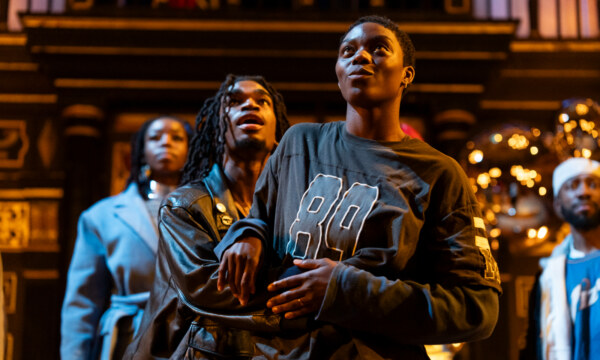
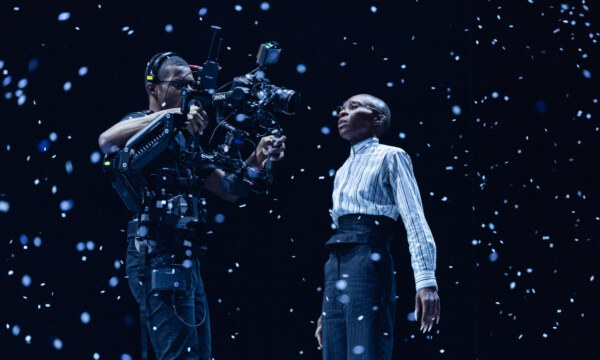
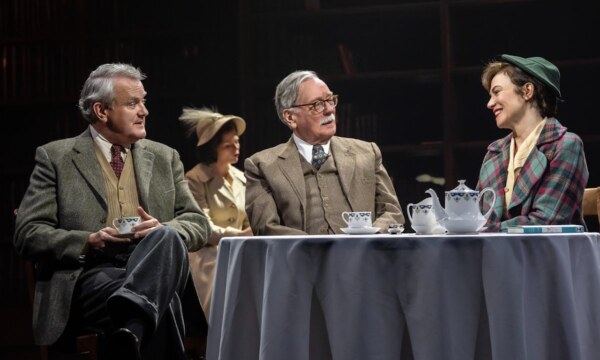
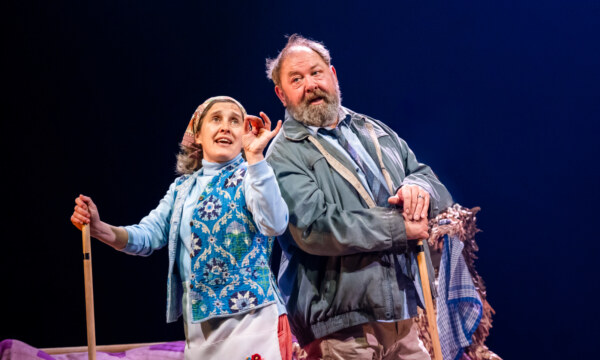
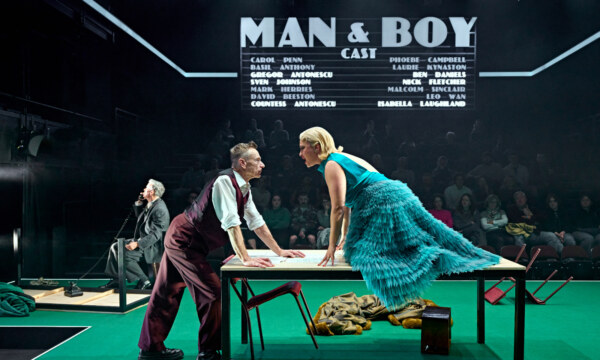
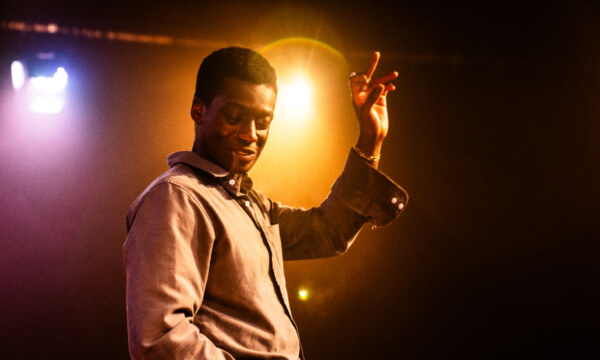
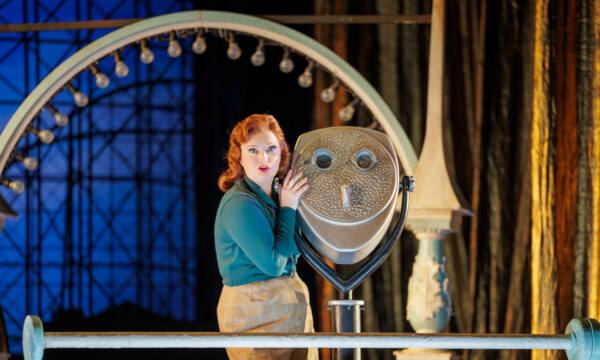


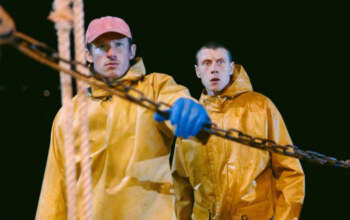







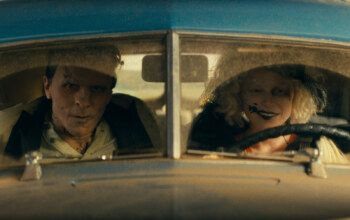




Facebook
Twitter
Instagram
YouTube
RSS